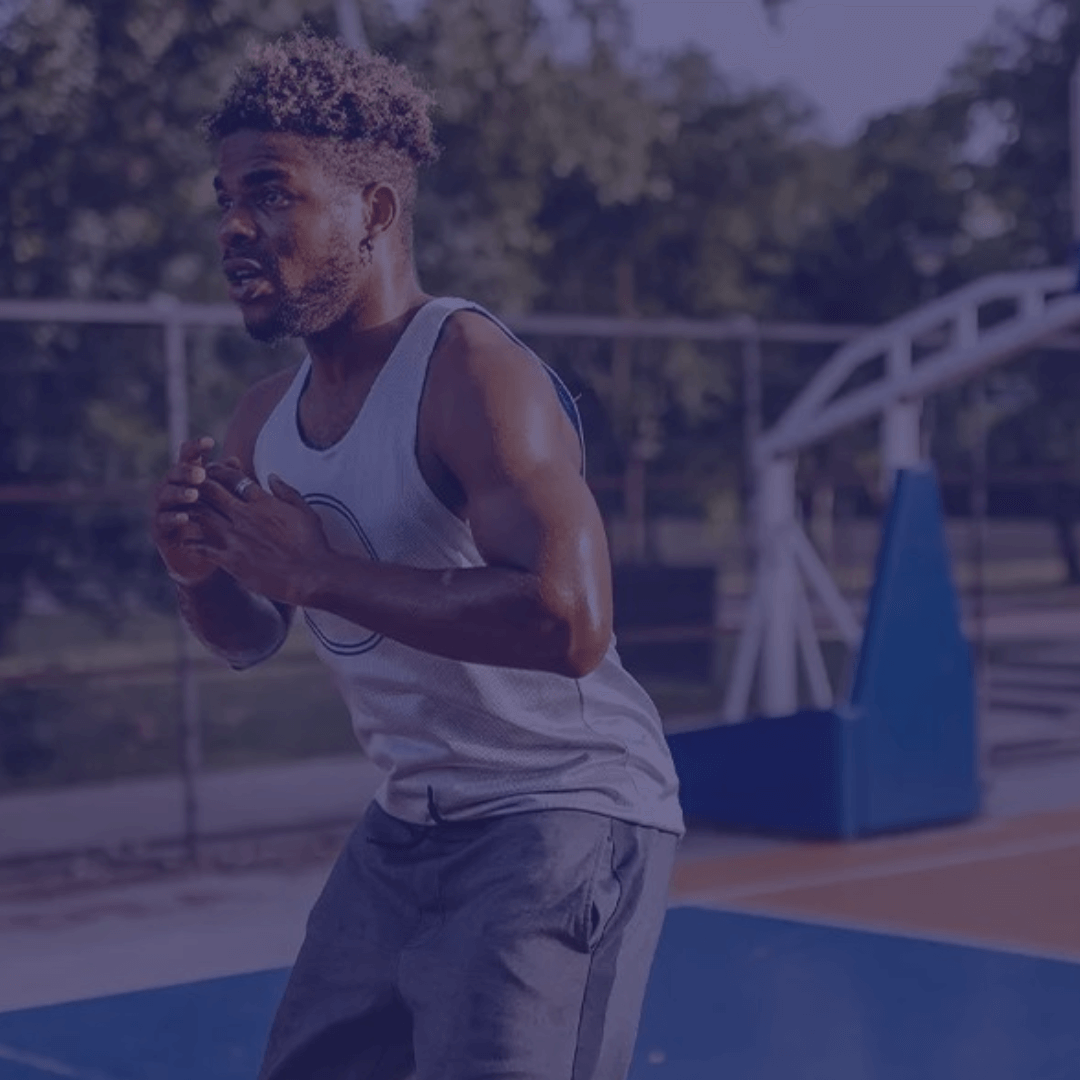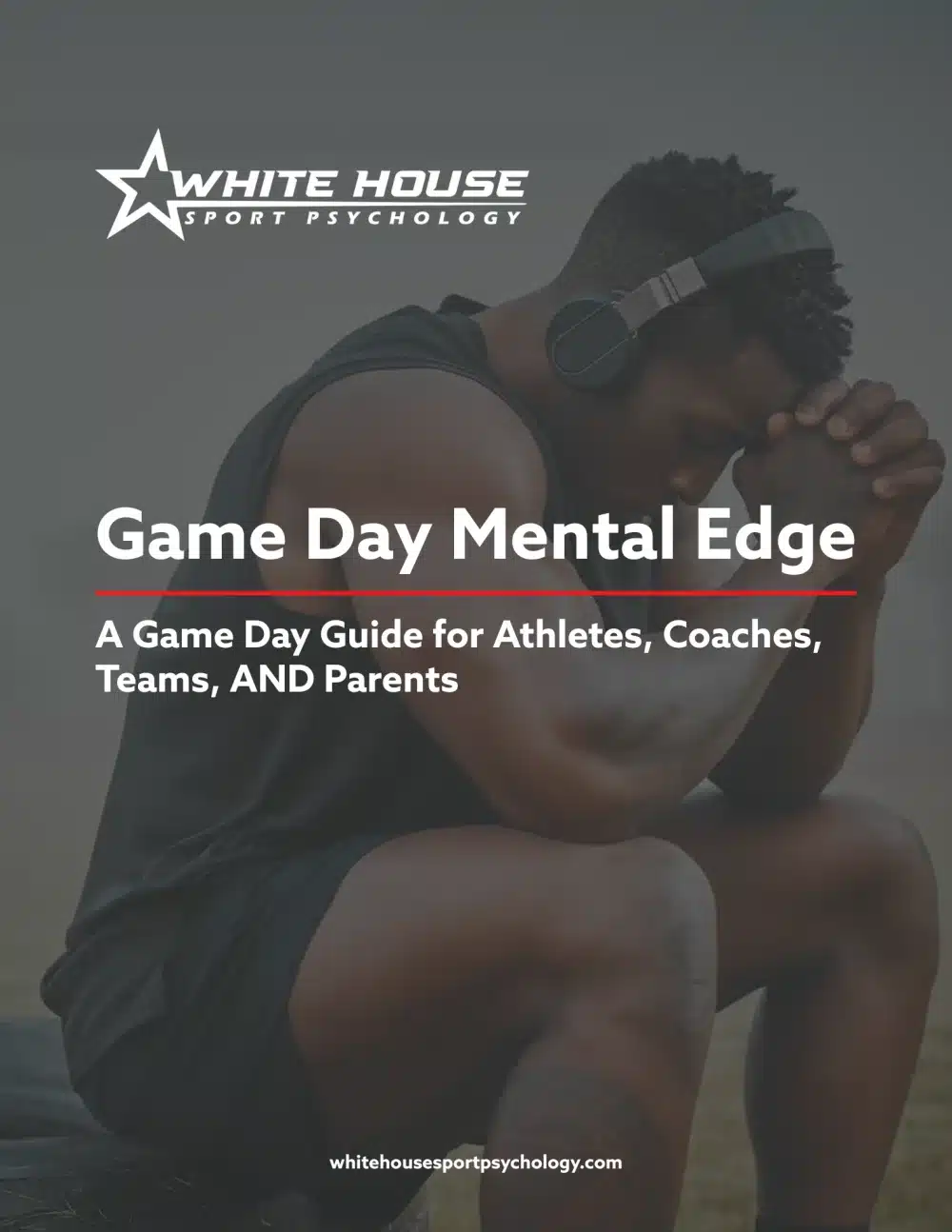A few weeks ago, a school counselor called us looking for some help with one of her students. She was trying to help this student but was struggling to connect with him, especially around his interest in sports.
As she asked about our work and how it was similar yet different from hers, we thought about how important it is for clients like you to know these differences.
To help you understand how sport psychologists are similar, yet different, from school counselors, we have created an outline that explains the What, How, Who, When, and Where for each clinician.
Sport Psychologist
What a Sport Psychologist Does:
Sport Psychologists teach you mental skills and strategies you can use to manage stress, pressure, and high expectations.
They also help athletes who are dealing with mental health concerns like:
- Anxiety
- Trauma
- Depression
Finally, a Sport Psychologist can help you with everyday concerns like:
- Overwhelming stress (e.g. managing your sports schedule with academic demands, and family life).
- Relationship issues (e.g., difficult teammates/coaches, or parents who are overinvolved in your sport).
How a Sport Psychologist Helps Their Client:
Most one-on-one sessions start with talking through the different challenges you are experiencing and how they are affecting you.
In addition, Sport Psychologists may teach you mental skills and strategies that you can use to manage the stress, pressure, and other concerns you have.
Finally, Sport Psychologists use activities and hypothetical situations to help you practice these skills and strategies so you will be more prepared to use them when you need them.
Who Do Sport Psychologists Work With:
Athletes of all ages and abilities can benefit from working with a Sport Psychologist – youth to professional and everyone in-between.
When Do Athletes Work With Sport Psychologists:
There are many different reasons to work with a Sport Psychologist.
Athletes often seek help when:
- They are looking for that edge over their competition.
- They need help overcoming a drop in their performance.
- They are struggling to reach their potential.
- They are recovering from an injury.
Additionally, an athlete may be experiencing:
- Anxiety
- Depression
- Obsessive Compulsive Disorder
- Stress-related symptoms
- Or issues with family, significant others, or peers
These are only a few examples – there are many reasons to seek help from a Sport Psychologist.
Where Do Athletes Meet With Sport Psychologists:
Most appointments are held in an office, but sometimes these meetings happen at the field, gym, pool, rink, etc.
School Counselor
What a School Counselor Does:
School Counselors help students with issues related to their education and experience at school.
This may, or may not, include:
- Academic difficulties
- Behavior intervention plans
- Academic and career planning
- Or screening for learning disabilities and ADHD
In addition, a School Counselor may provide general guidance about topics like:
- Anxiety
- Relationships
- Personal well-being
How a School Counselor Helps Their Students:
A School Counselor often functions as a liaison between the student, their teachers, and their parents.
They often meet with each of these people to gather information about the student and their needs and use that information to guide the student toward better learning and development.
This may include:
- Group meetings
- Individual meetings
- And/or screening & testing
Who Do School Counselors Work With:
Students of all ages and abilities may work with their School Counselor.
They are available in most schools from kindergarten through high school.
When Do Students Work With School Counselors:
There are many different reasons to work with a School Counselor.
Students are often encouraged to seek help when:
- They are struggling to achieve academic standards.
- Show signs of ADHD or a learning disability.
- Or there is a sudden decline in their academic performance.
Additionally, students who are having interpersonal concerns or need help transitioning to a new school can benefit from seeing a School Counselor.
Finally, students who need help with general well-being and mild mental health concerns may want to talk to a School Counselor.
Like the Sport Psychologist, these are only a few examples – there are many reasons to seek help from a School Counselor.
Where Do Students Meet With School Counselors:
Most appointments are held in an office at the school.
If you still have questions or need help determining the best way to get the help you need, click the link below to schedule a free consultation and we will help you find the right person for you.

